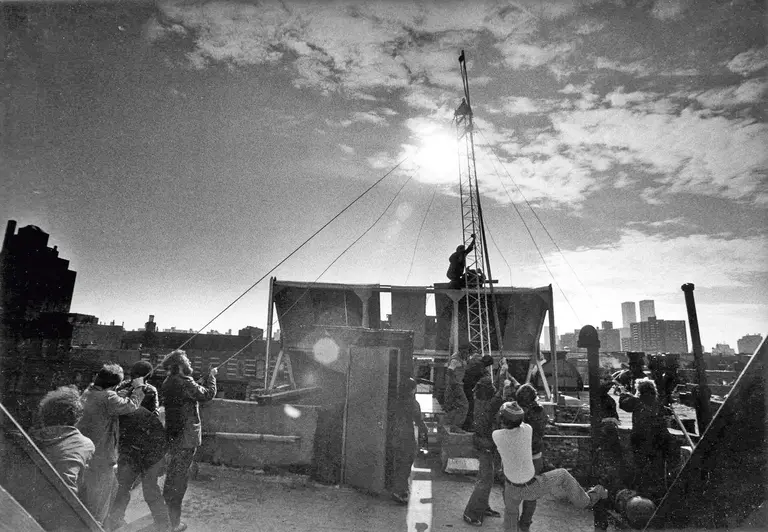Spotlight: The Gefilteria’s Liz Alpern Is Making Gefilte Fish a Modern Passover Staple
Read the full interview here
The ye-olde MetroCard swipe has made national headlines in recent weeks, thanks to Hilary Clinton’s inability to get through the turnstile and Bernie Sanders’ belief that we’re still in the dark ages using subway tokens. The fact that these snafus are so attention-grabbing goes to show how intrinsic the simple act of swiping a MetroCard is […]

“The Association Between Income and Life Expectancy in the United States, 2001-2014,” by the Journal of the American Medical Association; Life expectancy for all income quartiles.
It was announced yesterday that Starbucks is opening its largest store in the world in the base of Rafael Viñoly’s forthcoming Meatpacking District building at 61 Ninth Avenue. The 20,000-square-foot facility will be a Roastery-branded store, “part of a push to bolster growth with larger locations that offer experiences to customers,” reports Crain’s. The decision may be due to the […]
By now you’ve surely seen Tim Seggerman‘s practically iconic 240-square-foot apartment on Pinterest and on design blogs across the web. But while the architect has made a name for himself creating innovative solutions for small living in the city, what might come as a surprise is that he doesn’t really advocate squeezing into a small space. […]

Raising the windmill on the roof of 519. Photo credit: Travis Price via Gothamist

6sqft’s series Apartment Living 101 is aimed at helping New Yorkers navigate the challenges of creating a happy home in the big city. This week we offer up ideas for decorating exposed brick walls without drilling.
With rising real estate prices and shrinking spaces, flex apartments are growing in popularity with roommates, couples and families who are looking to add another room but can’t afford to move into a larger space. Flex apartments, for those who are unfamiliar, are typically a studio, one-bedroom or two-bedroom unit large enough to be converted up one level with […]
When we see New York real estate on film, living situations usually err on the side of grossly unrealistic—think freelance writer Carrie Bradshaw’s apartment with walk-in closet on “Sex and the City,” or Monica Gellar’s massive two-bedroom in Greenwich Village on “Friends.” But while there are plenty of eye rolls to go around for said and […]